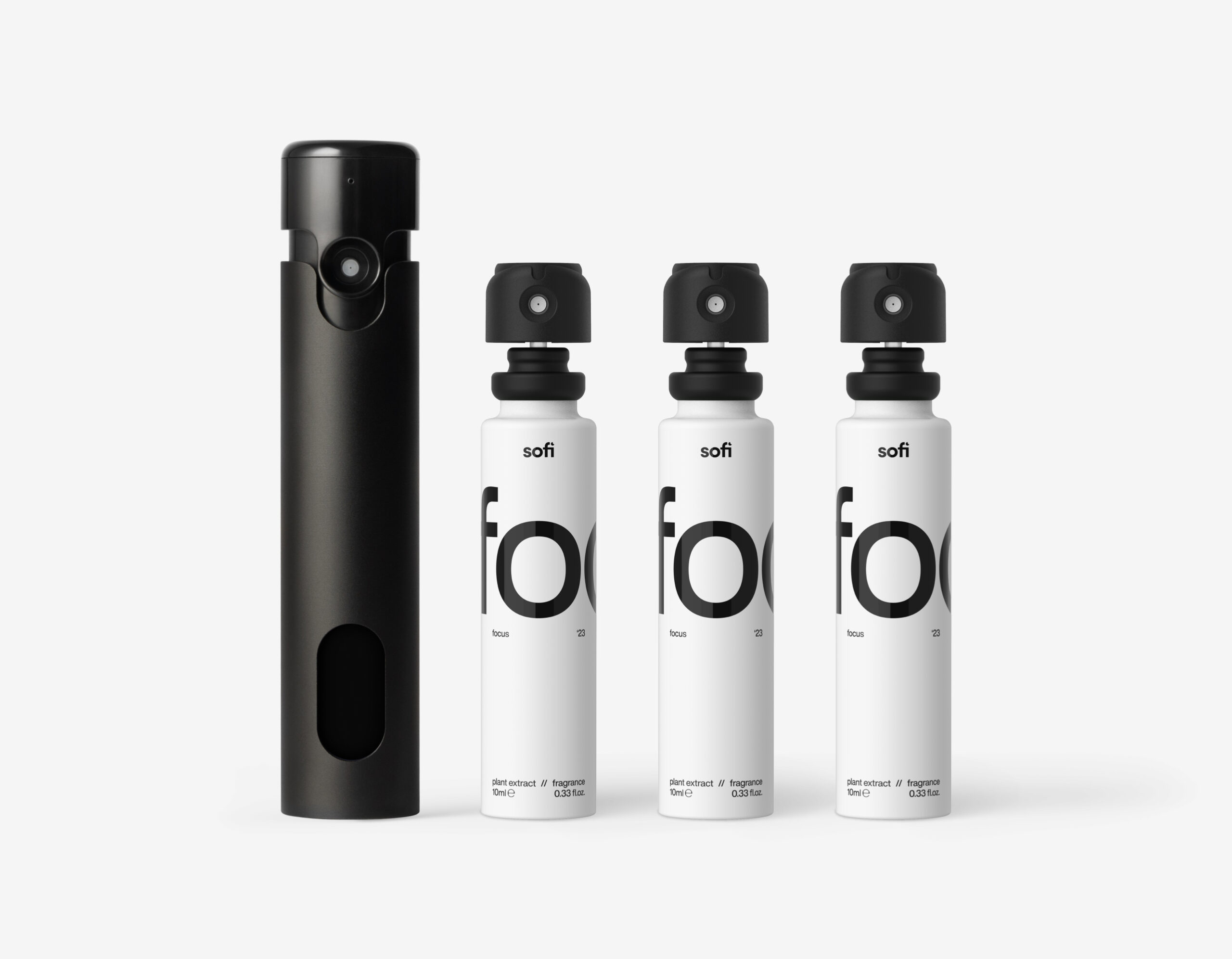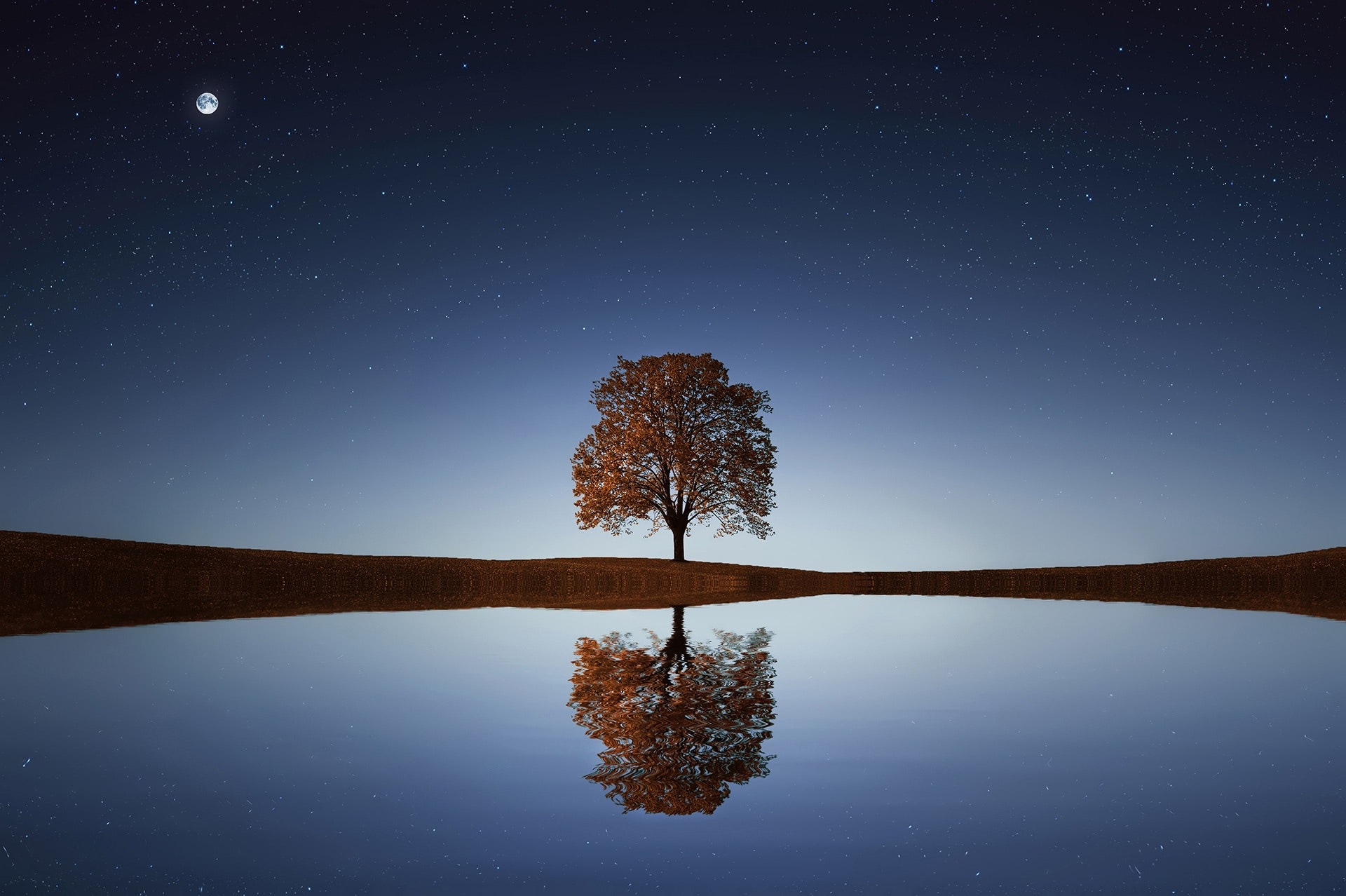
how much sleep do we actually need?
the struggles of getting too little sleep
It's safe to say that if you're not getting enough sleep on a regular basis, you're probably going to know it. Consequences such as daytime sleepiness, fatigue or trouble trying to fully "wake-up," depression of mood and/or motivation, decreased daytime functioning, and even the onset of sleep-related health issues can occur in cases where chronic sleep disruption may be at play (1, 2).
Unfortunately, and especially in recent decades, insufficient sleep has become a more widespread issue affecting a higher percentage of people than ever before. Tonight, somewhere between 10% and 60% of the general population will struggle to get enough sleep (3).
Of course, interest in finding population-level solutions to improve sleeping patterns and reduce the factors that contribute to a poor night's sleep is increasing among experts worldwide, however the reasons for insufficient sleep can vary between different individuals - and even from one night to the next - making problem-solving no easy task (4, 5).
Genetic makeup, personal circumstance, and energy requirements all play a role in determining the ideal number of hours sleep we need. This means that while some people can function normally on around six hours of sleep, others sleeping for the exact same amount may be more inclined to report feeling like a sleep-deprived zombie all day.
So, what exactly comprises the healthy and "right" amount of sleep for each individual, and how may that number shift over time as we age?
While the precise number that constitutes "too little sleep" can be hard for science to pin down, one paper published this past month may provide a more concrete answer. Over the course of their study, researchers found data to suggest that those around the age of 50 who slept five hours or less had a 30% greater risk of developing multiple ailments than those who slept seven hours (6).
This may indicate that the despite the notion that we require less sleep as we get older, certain amounts are just not enough if we want to avoid unwanted health effects.
In fact, recent findings suggests that it may not be the need for sleep that changes with age, but the actual ability to get the needed sleep that depletes as we age. It's common for older adults to experience a more difficult time falling asleep and more trouble staying asleep throughout the night, so it's likely that a combination of these factors are at play (7).
how much sleep is enough?
The below table outlines current sleep duration recommendations in the US and in Canada:
For individuals ages 18-65+, the generalised "optimum" number of hours sleep is around the seven hour mark, increasing to eight and nine hours as you look at the guidelines for individuals younger in age (8).
"Current evidence supports the general recommendation for obtaining 7 or more hours of sleep per night on a regular basis to promote optimal health among adults aged 18 to 60 years. Individual variability in sleep need is influenced by genetic, behavioral, medical, and environmental factors." - A Joint Consensus Statement of the American Academy of Sleep Medicine and Sleep Research Society
But you're not alone if this number feels entirely unattainable to you.
Demands from our jobs can specify the hours we need to be awake, and other responsibilities such as a social life, family commitments, caring for others etc., can cause us to sacrifice even more of the time we might otherwise spend asleep - and that's not even to take into account any personal bad habits we have that may be contributing to less sleep (9).
Instead of waking up with the sunrise and falling asleep as the sky goes dark, we can simply switch on the lights, or stay up watching TV - much to the sheer horror of our bodies' natural biological clock!
There are other factors within our control that have been shown to detract from the duration and quality of our sleep (as well as ones we can use to improve) and we cover a wide range of these on our blog:
- to caffeinate or not to caffeinate?
- how our environment can affect how well we sleep
- the benefit of herbal teas
- 5 foods that can prevent you from getting a good night's sleep
- techniques of CBT used for treating insomnia
- and even some of the less conventional ways to get more sleep
We're on a mission to solve sleeplessness once and for all, by helping people discover the plants that can help. Tired of losing sleep? Take our free quiz and find out which of our plant remedies is right for you
Not sure? Head over to our community hub, the sofi "treehouse" and see for yourself what our current Pioneers have to say!
Is there ever such thing as getting too much sleep?
We know sleep plays a critical role in all aspects of health; from the prevention of disease and recovery from illness or injury, to the regulation of mental stress, and the energy levels we experience day-to-day that impact our overall wellbeing...but that's not always to say the more the merrier...
Many of us can recall a time where we may have "over-slept" and inadvertently caused ourselves to feel even sleepier than before. It can be a counter-intuitive thing to experience to say the least.
Scientifically speaking, over-sleeping is defined as sleeping for more than nine hours in any 24-hour period of time. For people who suffer from hypersomnia, oversleeping is classified as a medical disorder whereby individuals experience extreme sleepiness through the day that doesn't subside even after significant periods of sleep (10).
Aside from diagnosed sleep disorders like hypersomnia or narcolepsy, there are several reasons why a person might sleep for longer than usual, ranging from healthy factors such as increased physical exertion, to temporary causes such as being sick with a flu or cold.
"Sleeping more than 9 hours per night on a regular basis may be appropriate for young adults, individuals recovering from sleep debt, and individuals with illnesses." - A Joint Consensus Statement of the American Academy of Sleep Medicine and Sleep R
In cases such as those mentioned just above, oversleeping can be normal, and even recommended. And that dreariness you can experience at times you do oversleep is more likely caused by the pattern-disrupt to your usual sleeping pattern than any long-term health implications you should worry about.
This is because as we sleep, we all cycle through the stages of Non-REM 1, Non-REM 2, Non-REM 3 (deep sleep) and REM sleep (rapid-eye movement- aka when we dream) roughly every 90 minutes.
When we wake up in the middle of deep sleep or even one of the other stages, we can feel pretty foggy, or like we’ve just been pulled out of the depths of our unconscious (mostly because we have)!
On the other hand, when we wake up right at the end of our 90-minute cycle, we’re more likely to feel refreshed and alert relatively immediately after we wake.
For many people, using a tool known as a sleep calculator can help. Sleep calculators work by counting backwards in 90 minute cycles from the time you want/need to wake up and providing you with a list of the best times to go to bed that are conducive to waking up feeling refreshed and not with that sleepy feeling that can be so hard to shake. Alternatively, you can select when you’re going to bed, and it’ll give you the best times to set an alarm.
You do have to allow for the time it takes to actually fall asleep which, for most people ranges between 30 minutes and 1hr. If you try using a sleep calculator, let us know if it worked by sharing your thoughts here.
For more on the brain-science of sleeplessness and how sofi can help you get just the right amount of sleep for you, click here.
References:
- Buysse DJ. Sleep health: can we define it? Does it matter? Sleep. 2014 Jan 1;37(1):9-17.
- Chaput JP, Dutil C, Sampasa-Kanyinga H. Sleeping hours: what is the ideal number and how does age impact this? Nat Sci Sleep. 2018 Nov 27;10:421-430.
- Bhaskar S, Hemavathy D, Prasad S. Prevalence of chronic insomnia in adult patients and its correlation with medical comorbidities. J Family Med Prim Care. 2016 Oct-Dec;5(4):780-784
- Barnes CM, Drake CL. Prioritizing sleep health: public health policy recommendations. Perspect Psychol Sci. 2015;10(6):733–737.
- Chaput JP, Carson V, Gray CE, Tremblay MS. Importance of all movement behaviors in a 24 hour period for overall health. Int J Environ Res Public Health. 2014;11(12):12575–12581.
- Sabia S, Dugravot A, Léger D, Ben Hassen C, Kivimaki M, et al. (2022) Association of sleep duration at age 50, 60, and 70 years with risk of multimorbidity in the UK: 25-year follow-up of the Whitehall II cohort study. PLOS Medicine 19(10): e1004109
- Edwards BA, O'Driscoll DM, Ali A, Jordan AS, Trinder J, Malhotra A. Aging and sleep: physiology and pathophysiology. Semin Respir Crit Care Med. 2010 Oct;31(5):618-33.
- Chaput JP, Dutil C, Sampasa-Kanyinga H. Sleeping hours: what is the ideal number and how does age impact this? Nat Sci Sleep. 2018 Nov 27;10:421-430.
- Institute of Medicine (US) Committee on Sleep Medicine and Research. Colten HR, Altevogt BM. Sleep Disorders and Sleep Deprivation: An Unmet Public Health Problem. Washington, DC: The National Academies Press; 2006.
- Kim Y, Wilkens LR, Schembre SM, Henderson BE, Kolonel LN, Goodman MT. Insufficient and excessive amounts of sleep increase the risk of premature death from cardiovascular and other diseases: the Multiethnic Cohort Study. Prev Med. 2013 Oct;57(4):377-85.

